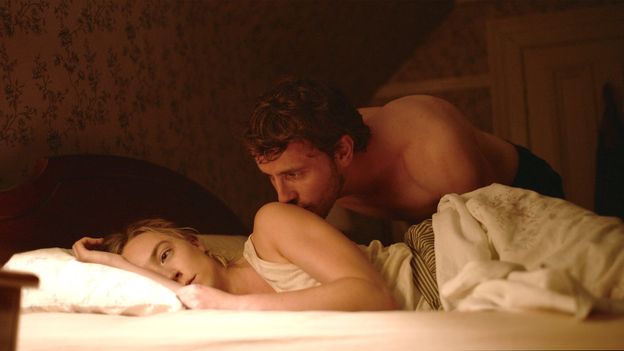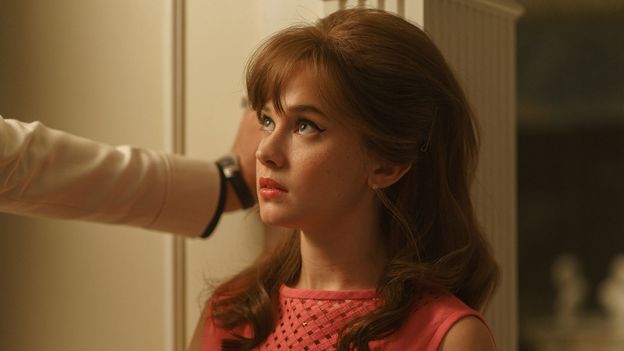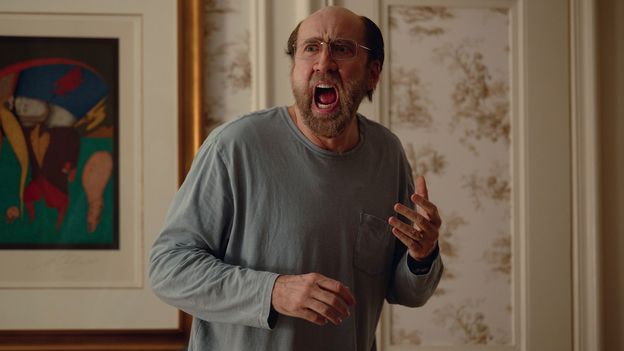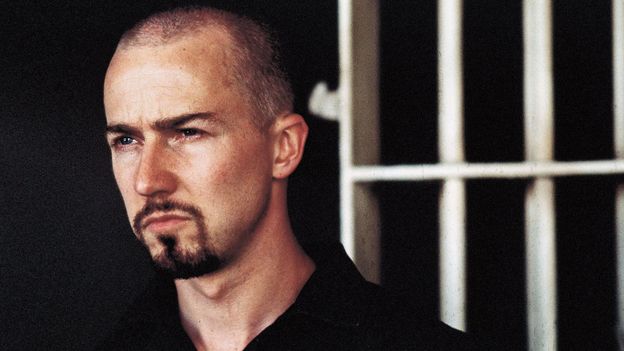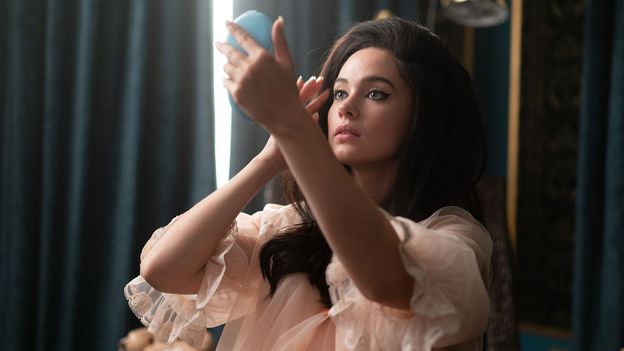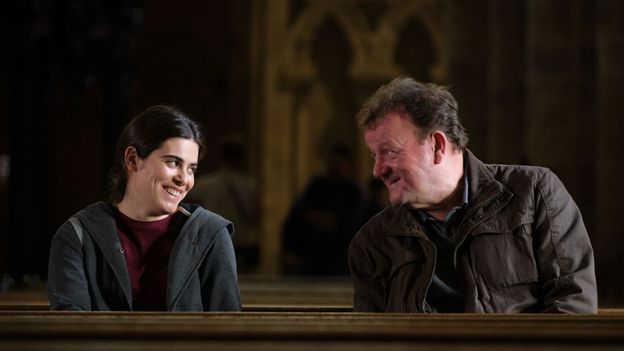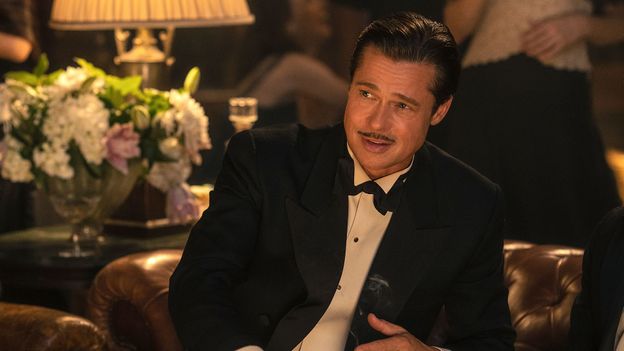The film’s tone turns more ominous when Terrance announces that while Junior is away his company will leave Hen with a Junior substitute, a lifelike AI to fill in for him. Terrance moves into the house, interrogating and observing Junior, presumably to build the AI authentically. As Junior begins to unravel, Mescal gets to let loose all the anger and the suspicions that have been building.
Terrance is one of the film’s problems, though. Pierce plays him as so coolly detached at the start that he seems like a robot himself. He is meant to be sinister and inscrutable, but just seems unconvincing.
At times the narrative can be more confusing than intentionally mind-bending. One typical conversation overheard as I walked out of my screening was “Maybe it made sense in the book”. Actually, the story does make more sense if you’ve read the book, but that is obviously a problem for any film. And if you have read it, the jaw-dropping reveal at the end isn’t a shock at all. That twist makes the film different on a second viewing, but also raises questions about the logic of the entire premise.
For much of the way, though, Foe’s atmosphere of impending threat, from the outside world and from Junior and Hen’s inner lives, effectively creates the eerie, hauntingly familiar sense of the apocalypse slowly creeping up on us.
★★★☆☆
Foe is released in the US on 6 October and the UK on 20 October.
If you liked this story, sign up for the weekly bbc.com features newsletter, called The Essential List. A handpicked selection of stories from BBC Future, Culture, Worklife and Travel, delivered to your inbox every Friday.
If you would like to comment on this story or anything else you have seen on BBC Culture, head over to our Facebook page or message us on Twitter.

